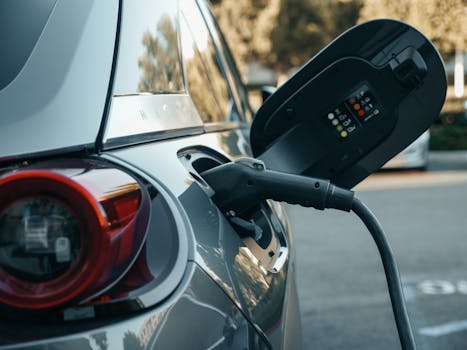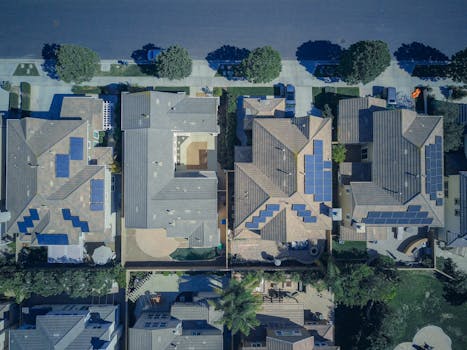
Smart Cities: Urban Trends for 2025
Smart Cities, as the name suggests, are urban areas that utilize advanced technologies and innovative solutions to improve the quality of life for their citizens. At the beginning of Smart Cities trends, we can see that these cities are designed to be sustainable, efficient, and connected, providing a better environment for residents, businesses, and visitors alike. In this article, we will explore the latest urban trends and innovations shaping the future of smart cities in 2025.
Section 1: Introduction to Smart Cities

So, what exactly are smart cities? The concept of smart cities is rooted in the idea of using technology and data to improve the efficiency and sustainability of urban areas. This can include everything from smart energy grids and intelligent transportation systems to public safety and waste management. The goal of smart cities is to create a better quality of life for citizens, while also reducing the environmental impact of urbanization.
Section 2: Urban Trends for 2025

As we look to the future, there are several urban trends that are expected to shape the development of smart cities in 2025. Some of the key trends include:
- Sustainable Energy: Smart cities are expected to prioritize sustainable energy sources, such as solar and wind power, to reduce their reliance on fossil fuels and lower their carbon footprint.
- Intelligent Transportation Systems: Intelligent transportation systems, such as smart traffic management and autonomous vehicles, are expected to improve the efficiency and safety of urban transportation.
- Smart Buildings: Smart buildings, equipped with advanced sensors and automation systems, are expected to become increasingly common in smart cities, providing a more comfortable and efficient living and working environment.
- Public Safety: Smart cities are expected to prioritize public safety, using advanced technologies such as surveillance cameras and data analytics to prevent and respond to crime.
Section 3: Innovations and Technologies

Several innovations and technologies are driving the development of smart cities, including:
- Internet of Things (IoT): The IoT is a network of physical devices, vehicles, and other items that are embedded with sensors, software, and connectivity, allowing them to collect and exchange data.
- Artificial Intelligence (AI): AI is being used in smart cities to analyze data, optimize systems, and make predictions, improving the efficiency and effectiveness of urban services.
- Blockchain: Blockchain is being used in smart cities to secure data, ensure transparency, and enable secure transactions, providing a foundation for trust and accountability.
- 5G Networks: 5G networks are providing the high-speed, low-latency connectivity needed to support the vast amounts of data being generated by smart city devices and applications.
Section 4: Challenges and Opportunities

While smart cities offer many benefits, there are also challenges and opportunities that need to be addressed. Some of the key challenges include:
- Data Privacy: Smart cities are generating vast amounts of data, raising concerns about data privacy and the potential for misuse.
- Cybersecurity: Smart cities are vulnerable to cyber threats, which could compromise the security and integrity of urban systems.
- Equity and Accessibility: Smart cities need to ensure that all citizens have access to the benefits and opportunities provided by smart city technologies, regardless of income, age, or ability.
- Environmental Sustainability: Smart cities need to prioritize environmental sustainability, reducing their carbon footprint and promoting green technologies and practices.





